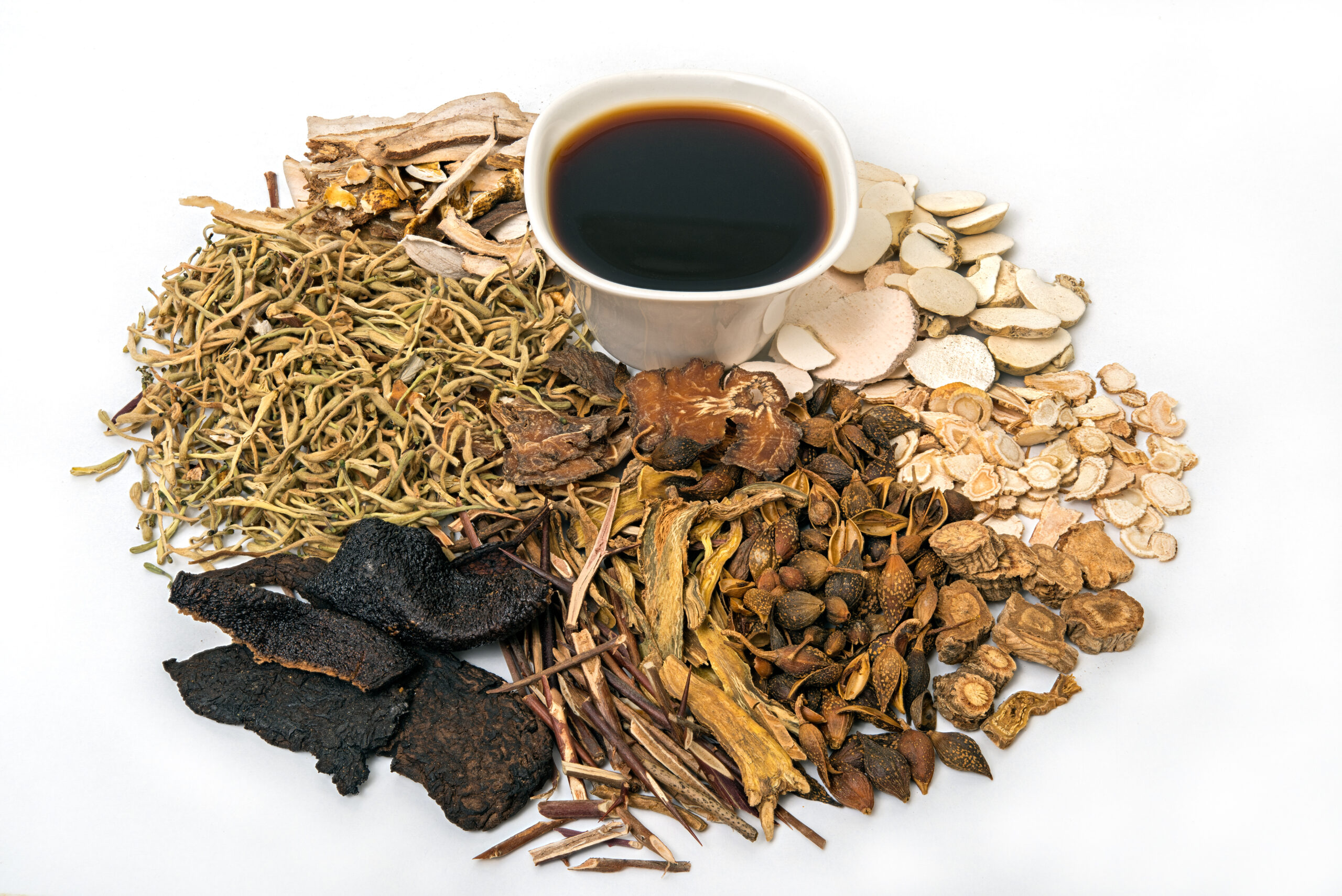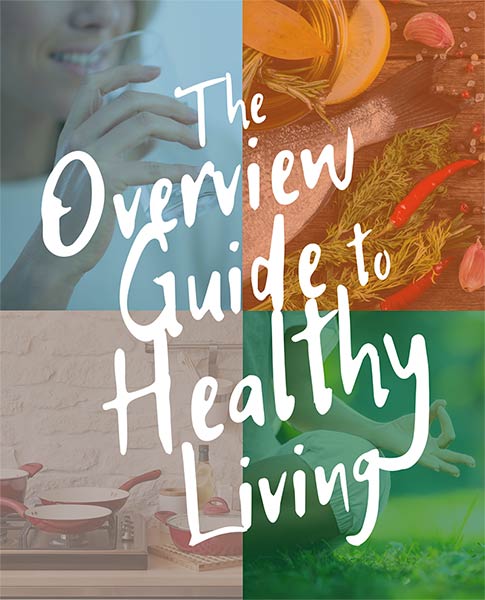In recent years, herbal medicine has gained popularity, probably due to the increasing prevalence of chronic conditions that are poorly managed with conventional drugs. Statistics show that about 80% of the world population uses herbs on a regular basis. Herbs have been the main source of medicine for thousands of years. Up until 100 years, herbal medicine was the only type of medicine available; many modern pharmaceutical drugs are made from medicinal plants. The article The Safety of Herbal Medicine: From Prejudice to Evidence does a thorough review of modern issues associated with the use of herbs.
There are some issues associated with the use of herbal medicine. First and foremost, there is a lot of misinformation regarding the safety of herbal medicine. People are being misled into thinking that herbal medicine is safe from toxins and side effects. This is untrue: herbal medicine is medicine, and as such, it can cause adverse reactions, and it can have toxic effects if misused. Herbs can also be toxic per se. The Chinese Pharmacopeia 2010 recognizes 83 types of toxic herbs that are classified as highly, moderately and mildly toxic. Unfortunately, this classification comes from observation instead of rigorous scientific research. Herbs can also be rendered toxic by external factors such as adulteration or contamination. To minimize side effects and toxic reactions, herbs must be taken in appropriate dosages and for the appropriate conditions.
Herbs can also cause adverse reactions when taken with prescription medications. Therefore, one must be careful when mixing them with conventional drugs.
Issues around the use of herbs are aggravated by the fact that there are no global regulations over the labeling and use of herbal medicine. Different countries have different standards over the use of herbs. Some countries treat herbs as supplements; others regulate them as drugs; still others regard them as health products. Because of this disparity, it is hard to ensure safety, manufacturing and quality standards.
There are also wrong indications over the use of herbs that can make them unsafe for the consumer. For example, Ephedra has been used in Chinese medicine as a remedy for respiratory issues, but in USA it was sold over the counter as a weight loss supplement. After several deaths were reported Ephedra was eventually banned.
Reference

